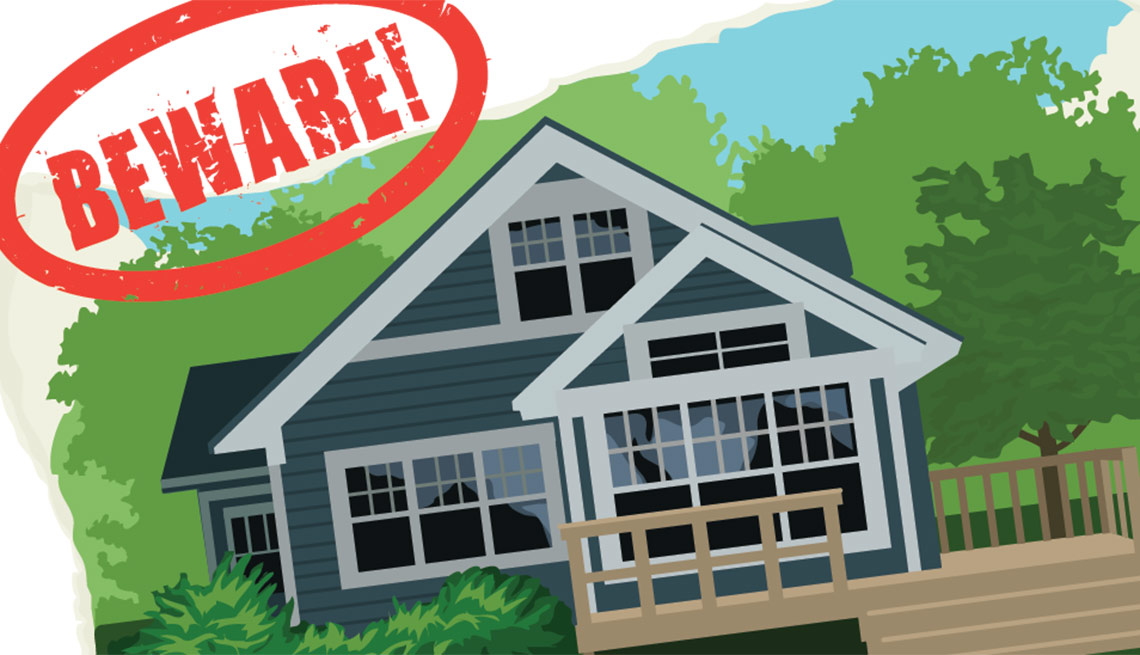UGANDA, Kampala | Real Muloodi News | While most real estate brokers and agents are honest, it is a largely unregulated industry, and real estate dealer fraud is an issue. Reports of cases of prospective property owners being duped by real estate fraudsters are a common phenomenon.
These are the top 5 signs that show a real estate dealer is scamming you.
1. Offers that Are Too Good to be True
Often, real estate fraudsters offer their properties at overly low prices. Watch out for phrases like; “big discount”; “you will save”; “it is affordable”, etc., designed to attract the attention of low-income earners. In the genuine sense, houses never come cheap. Thus, insanely reasonable prices must always be a reminder to be on guard.
Before buying a property, a buyer should consider the size of the house, location, age design, and the price of similar homes in the exact area. Talk to other professionals, or to those who have in the past bought similar houses in the area.
Studies show that many people are drawn to cheap and discounted properties, only to end up paying dearly for them. Never jump into ‘once in a lifetime’ deals without consulting the right experts.
2. Quick Results
Fraudsters will push you to act quickly, claiming you are about to lose the offer to someone else. While this may be a legitimate scenario or even a common closing strategy employed by legitimate dealers, rushing the buying or renting process leaves you little time to question the real estate transaction.
It is important not to get swept up in excitement. Objectively analyse the deal and take the time to do proper research. If it seems too good to be true, then it is advisable to step back from such transactions. It is better to be safe than sorry.
3. Selling Empty Promises
A common property scam is the fake property listing scam, where the fraudster takes advantage of online real estate listings by copying legitimate listings, reposting them elsewhere, then posing as the agent selling or leasing the property.
Often, such fraudulent dealers will have excuses of why they can not physically show you the property. They may tell you that the prospective landlord or current owner is out of the country, and they cannot show you the property before you sign the lease or contract. They may ask you to wire money in advance while a contract is being drawn up. Or else they promise to show you the property once you have paid a security deposit or another down payment in advance.
Other times, a dishonest dealer will promise much more than they can deliver using deceptive images in their adverts.
Prospective property buyers are encouraged to devote enough time to the process by physically visiting the sites. Ensure there is a correlation between what’s on the ground and in the adverts.
When purchasing, involve experts like a lawyer, a valuer, a surveyor, and a property consultant. And never agree to wire or give money to someone you have not met in person.
4. The Double Sale
Lauben Muhabuzi, the Managing director, Semu Real Estate Business and Agents blames the people who sell land to real estate agents as the ones who in most cases dupe the latter by selling the same piece of land to more than two companies or people.
“Some land agents enter business without acquiring enough knowledge on land issues, but not necessarily because they intend to dupe their clients,” he says.
“At times, some agents are also ignorant about the legality of the land they are selling, which they end up being forced by the courts of law to compensate for, and because of the heavy losses their businesses collapse.”
Before purchasing a property, always do your own due diligence, or hire the right professionals to do so on your behalf. You may make inquiries with the neighbours where there is a high possibility of them knowing the owner. You can also consult local council leaders, before verifying with the concerned land boards in whose jurisdiction the land falls.
5. Fake Land Titles
Fake land titles are one of the many tricks used by con-men to dupe potential buyers, says Geoffrey Tumusiime, a broker. In some cases, con-men masquerade as elderly family members or pretend to be local officials to witness the transaction.
The Ugandan government has launched a digital land registry system to reduce fraud, called NLIS [National Land Information System]. Along with this, they have introduced new features to be able to distinguish legitimate titles from forgeries, which we have outlined in an article titled The Top 7 New Features of a Legit Ugandan Land Title.
How to avoid any of the above scams:
Before renting or buying property or land through an agent, you should first verify their membership with a credible association, such as the Association of Real Estate Agents Uganda (AREA-U) The association can verify their identity, and they have set guidelines which agents must follow.
Have a written agreement in place before dealing with any broker can also help. It ensures the terms of your transaction are clear, and it offers sufficient evidence in case things go wrong along the way.
READ MORE LIKE THIS:



